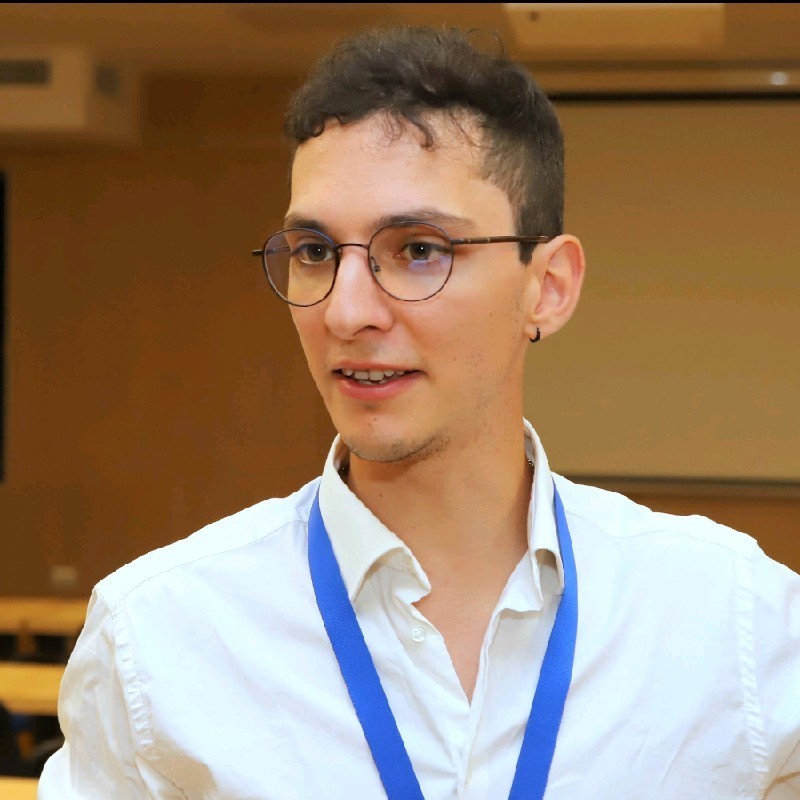
PerMedCoE webinars are open to everyone interested in PerMedCoE tools and activities. The webinars will include a 30-40 minutes presentation and a Q&A section of around 15 minutes. The recording of this webinar will be publicly available on this web page and the PerMedCoE YouTube channel.
Webinar:
| Speakers: | Marco Ruscone (Institut Curie) |
| Date and time: | Tuesday 07 November 2023, 15-16h CET |
| Target groups: | Bioinformaticians Researchers in the life sciences Biomedical scientists Anyone interested in simulation of machine learning and/or mathematical modelling Anyone interested in Agent-based modelling and signalling network |
| Learning outcomes: | Describe the purpose of the multiscale modelling technique for modelling the tumour microenvironment Cite a new way to perform in-silico simulations and explore the effects of mutants both at single cell and cell population level |
| Watch the recording | |
| Access the slides |
The tumour microenvironment encompasses many different cell types including cancer cells, stromal cells, immune cells, and the extracellular matrix (ECM), that interact and collectively influence cancer progression and treatment outcomes.
Recently, computational mathematical models have been proved efficient in testing hypotheses and giving insights about tumour microenvironment functionalities. Among those, hybrid multiscale models combine different techniques that simulate both inter- and intra-cellular interactions.
In this context, we present a 3D model of cancer cell invasion, aiming to study the different modes of cell migration through the extracellular matrix and to predict means to block it by considering spatial information, molecules’ diffusion and intracellular regulation.
The model was constructed using PhysiBoSS, a multiscale framework, which combines agent-based modelling and continuous time Markov processes applied on Boolean network models.
Our multiscale model successfully reproduces single and collective migration processes reported in published experiments on cell invasion. These experiments include various aspects such as the role of p63 expression in regulating MT1-MMP, the spatio-temporal activation of SRC triggering collective migration, and the influence of different collagen densities on invasion modes. In silico experiments can be performed to suggest potential targets capable of inhibiting highly invasive tumour phenotypes.

Marco Ruscone is a PhD student in the Computation Systems Biology of Cancer group at Institut Curie, Paris. He started his academic career in Turin, Italy, where he pursued his bachelor degree in Physics and master degree in Physics of Complex Systems for the Biology, at Università degli Studi di Torino.
Currently, his work focuses on developing multiscale models of cancer using a mixed approach of agent-based modelling and simulation on Boolean networks.





